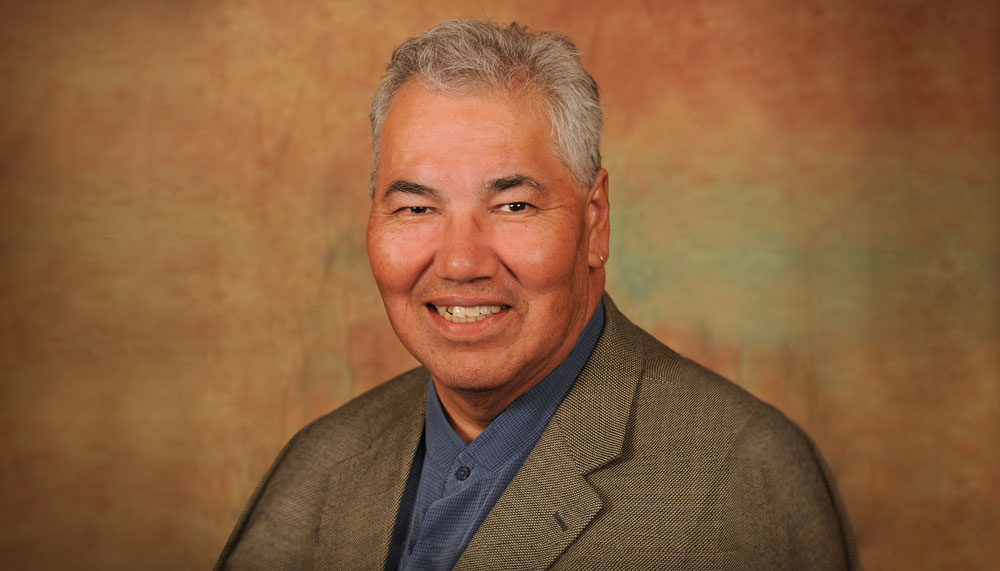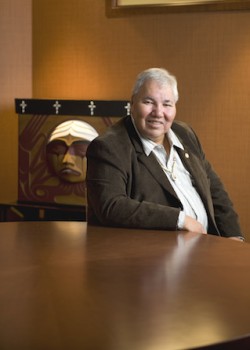
Justice Sinclair to join Faculty of Law as Jurist-in-Residence
As the only law school in Manitoba – the Canadian province with the highest per-capita number of people identifying as Aboriginal – the Faculty of Law at the University of Manitoba has taken ownership of its responsibility to work for truth and toward reconciliation in Canada.
To help guide them in this responsibility, Robson Hall is honoured to welcome alumnus Justice Murray Sinclair as its Distinguished Jurist-in-Residence for the 2016 winter term. Justice Sinclair has worked tirelessly throughout his career for the rights of Aboriginal Peoples and for recognition of Aboriginal law. He will help shape Robson Hall’s established commitment to enacting the Truth and Reconciliation Commission (TRC)’s recommendations pertaining to law schools.
“Call-to-Action 28 calls upon law schools to require their students to take ‘ … a course in Aboriginal people and the law covering the history and legacy of residential schools, the United Nations Declaration on the Rights of Indigenous Peoples, Treaties and Aboriginal Rights, Indigenous law, and Aboriginal-Crown relations,’” says Dean Lorna Turnbull.
“Robson Hall offers a number of upper-year courses on Aboriginal Peoples’ historical and current relationships with the law, with focuses on Aboriginal Peoples and criminal justice, treaties, land claims, international law and more. Several mandatory first-year courses cover material contained in Call-to-Action 28. Over decades, the Faculty has continued (and will continue) to incorporate content directly relevant to TRC Call-to-Action 28.”
Beyond these education-specific recommendations, Robson Hall is committed to access-to-justice in Manitoba. In order to properly serve their community, legal practitioners must strive to understand the community they serve – so Robson Hall works to open doors to the legal profession through an inclusive approach to admissions.
In 1990, Robson Hall established a specific admissions stream for aboriginal students. Over the years, the number of academic and financial support programs for aboriginal law students has grown, helping to create and nurture an aboriginal presence in Canada’s legal community – including our own faculty.
Nearly 20 per cent of Robson Hall’s full-time faculty identify as aboriginal – among the highest of all Canadian law schools. Aimée Craft, assistant professor at Robson Hall, is the National Centre for Truth and Reconciliation’s director of research, and all the law school’s scholars contribute to the Faculty’s research expertise in areas including Métis rights, Aboriginal Peoples’ relationships with the criminal justice system, Indigenous Peoples’ rights in international law and Anishinaabe law. Robson Hall faculty are passionately engaged with Indigenous communities provincially, nationally and internationally, and they bring those perspectives to bear on Robson Hall’s work as an institution.
Justice Sinclair’s Ojibwa name is Mizana Geezhik – “the One Who Speaks of Pictures in the Sky”. Ojibwa Elders have said Sinclair “sees the way things could be … and must strive to make it understood by all; so that they in turn can strive to make it happen”. Robson Hall looks forward to Justice Sinclair’s guidance and leadership as we strive to embody the spirit of the Truth and Reconciliation Commission.







